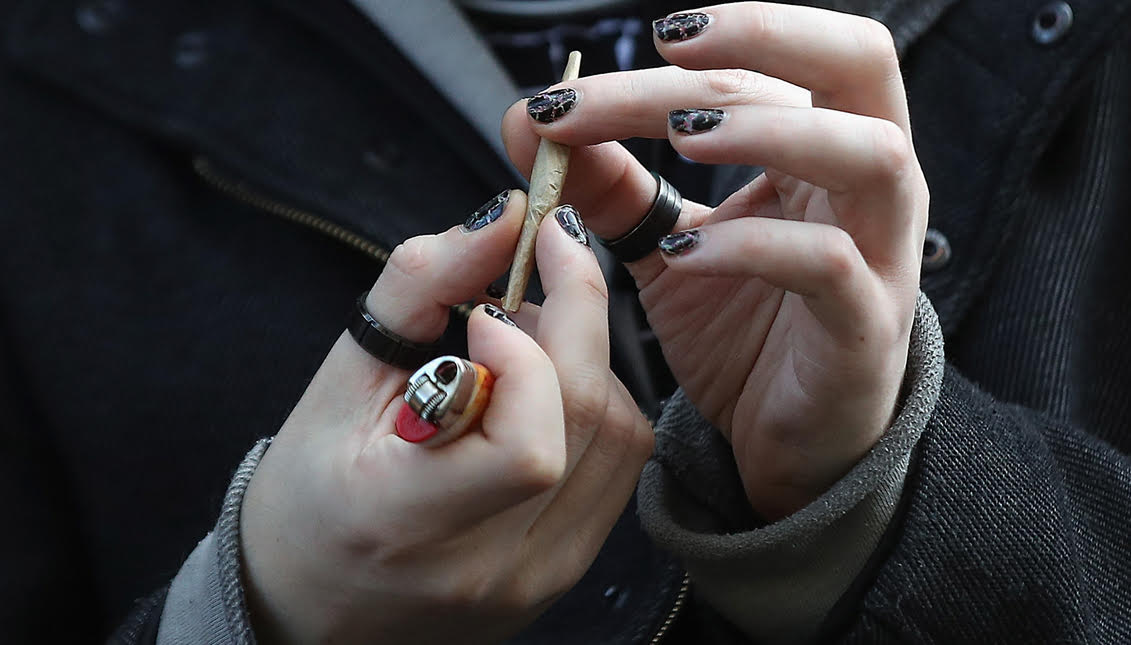
The United States of Weed? The House passes bill to decriminalize marijuana at the federal level
Don’t get too excited, the Senate has other ideas.
The House of Representatives passed a bill on Dec. 4 that attempts to rectify the injustice caused by the ‘War on Drugs’ of past generations. That is the decriminalization of marijuana.
In addition to being a landmark bill in regards to marijuana legislation, it is also the first time a federal chamber of Congress has voted on marijuana decriminalization. The effort was spearheaded by House Democrats.
The bill was yea’d by 222 Democrats, and a surprising five republicans. One hundred and fifty-eight Republicans voted against the bill as well as six democrats.
“Millions of Americans' lives have been upended as a result of convictions for possessing small amounts of marijuana, and the racial disparities in conviction rates for those offenses are as shocking as they are unjust,” said House Majority Leader, Steny Hoyer in a statement, adding, “that's why we passed the Marijuana Opportunity Reinvestment and Expungement (MORE) Act today.”
The MORE act would eliminate marijuana from the Controlled Substances act. What is more important than that, is it also aids people who have been affected by past criminal charges relating to the classification. It would remove the criminal penalties for people who possessed, sold, or manufactured marijuana.
RELATED CONTENT
Those individuals would also have an opportunity to expunge their criminal cases.
The MORE act includes a 5% sales tax on marijuana. The expected funding generated will be invested in job training, legal aid and substance abuse treatment for individuals who were significantly affected by the ‘War on Drugs.’
Despite its passage, it is but a small light at the end of the tunnel because the Republican-led Senate is likely to never discuss it.
Republican Senate Majority Leader Mitch McConnell criticized the bill. He did so while also trying to promote his late effort at coronavirus relief.
Marijuana has been decriminalized in a number states and that expanded in 2020. However, it continues to be illegal at the federal level. Though the bill is a move in the right direction, there is no guarantee it will pass for many years. But baby steps are better than no steps.










LEAVE A COMMENT: